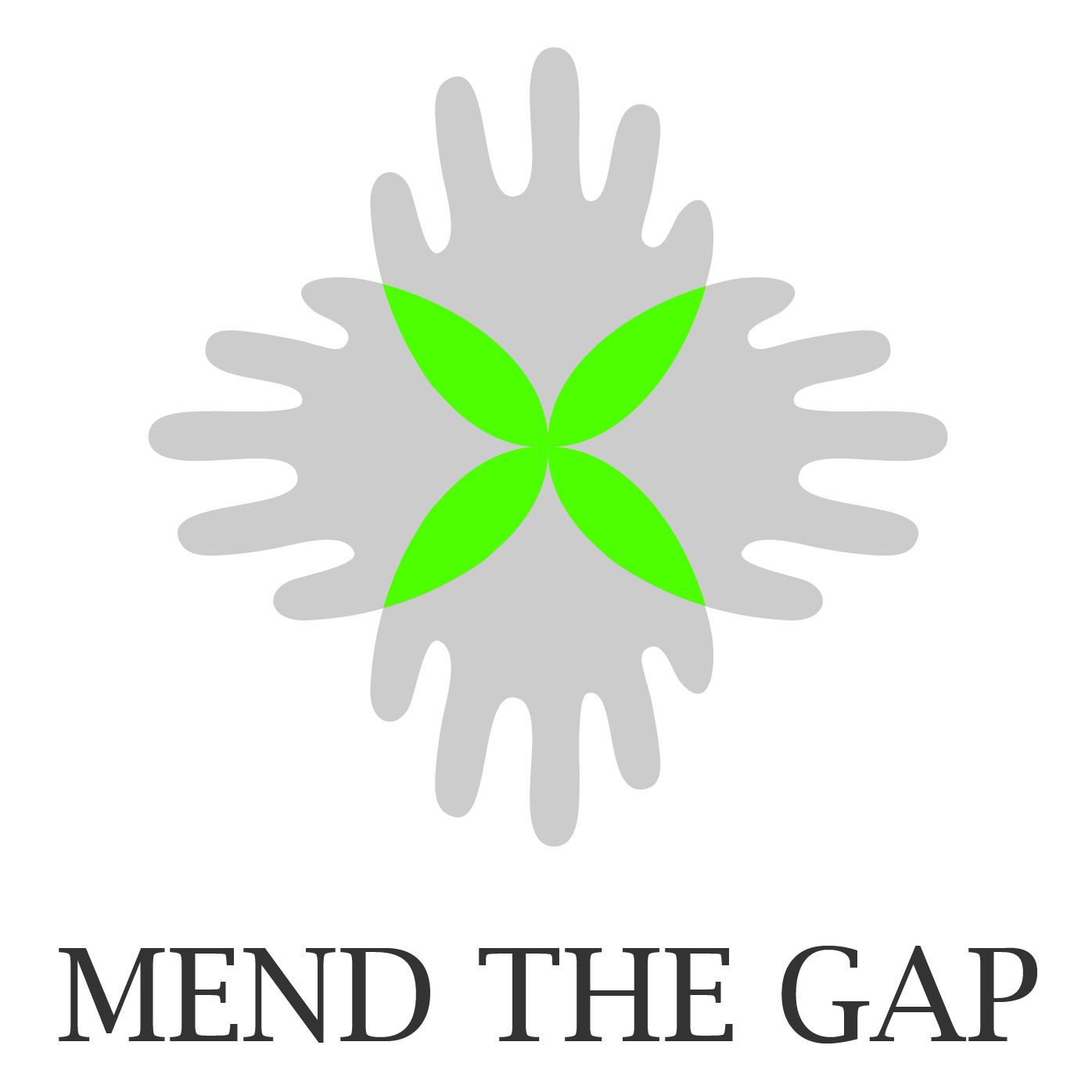Let Us Connect Project in Kenya
The project was started and has been running since 2010 in Masaba North District of Nyamira County in Western Kenya. The goal of the “Let Us Connect” project is to train digitally excluded young, older and elderly people on the use of computers and the internet to access information that will help them improve the quality of their lives. This was by using fixed and mobile Computer Access Points (CAPs) where access to the computers, internet and training are freely provided as they are prohibitively expensive given the district’s per capita income of £24.
The fixed Computer Access Points (CAPs) are at Kebirichi Secondary School and at the project office and hub at Bochoroke Village Multi-Purpose Community Centre. The mobile CAPs are at 14 primary and secondary schools within walking distance of project hub at Bochoroke Village. The CAPs use notebook computers with long battery lives to reduce the frequent need to recharge batteries. This is because none of the stations had mains electricity or telephone lines to start with. The project helped bring mains electricity to 4 of the schools during the second year and is hoping to look for and secure additional funding to avail electricity to the other remaining CAPs and to scale up to other schools in Masaba North District.
During school time, a dedicated group of staff and volunteers trained students and pupils and their teachers on the basics of computer hardware and software, health and safety aspects, then on the commonly used Microsoft Office Word, Access and Excel packages and finally on how to use the internet to access information and other free knowledge and learning and teaching resources and to build basic and work skills for the young generation in the 14 schools we work. By so doing, the project helps improve education facilities and teaching standards. Outside school time and during weekends, out-of-school youth as well older and elderly people are similarly trained in the CAPS and other local community learning centres. They are further encouraged and trained to undertake social welfare activities to reduce isolation, and get or give practical help to others.
Medical personnel and staff at the neighbouring Keumbu District Hospital and Ibeno Dispensary have also been trained on the use of computers and the internet to aid in their various duties.
After gaining basic IT literacy, project beneficiaries are then further trained on the internet and especially the communication aspects including Instant Messaging, VOIP calls, chatting and social media and then supported to connect with family, friends and to linked communities and organisations in South West England and the Kenyan Diaspora initially in UK but later to be scaled up elsewhere.
The project links and creates bridges between different groups, communities and individual beneficiaries and those with moderate learning and physical disabilities. We provide an opportunity for unemployed and poor young people to develop work experience by virtual volunteering. We provide personalised ICT training for all types of beneficiaries to keep in touch with family members, find or create employment, improve motor and intellectual skills; improve feelings of self-worth, improve creative and social communication skills, find new interests and educational opportunities through use of the Internet and make new friends in a peer support groups. The project also helps bridge the intergenerational gap; and provides opportunities for sponsorship of individuals, communities and programmes.
Project achievements have included more than 2,000 pupils, students, teachers, parents, older and elderly people having been trained on the basics of and having regular access to computers and the Internet. National Examination results for both primary and secondary schools amongst the beneficiary schools have been seen to dramatically improve over the period of the project. A number of beneficiaries have secured employment by searching and applying for jobs using the internet and many beneficiaries have been re-connected with family and friends in faraway places. Knowledge and skills of the beneficiaries has increased in many spheres of everyday lives from farming activities via family planning activities to e-commerce activities that have been initiated as a result of the project




|
GET IN TOUCH
|
|
|
Mend the Gap Phone: +44 1934 853228 |
|
NEWSLETTER SIGN UP
|
|
|
Sign up to our mailing list and we'll Click here to go to our Sign Up form. |
|
QUICK LINKS
|
|





